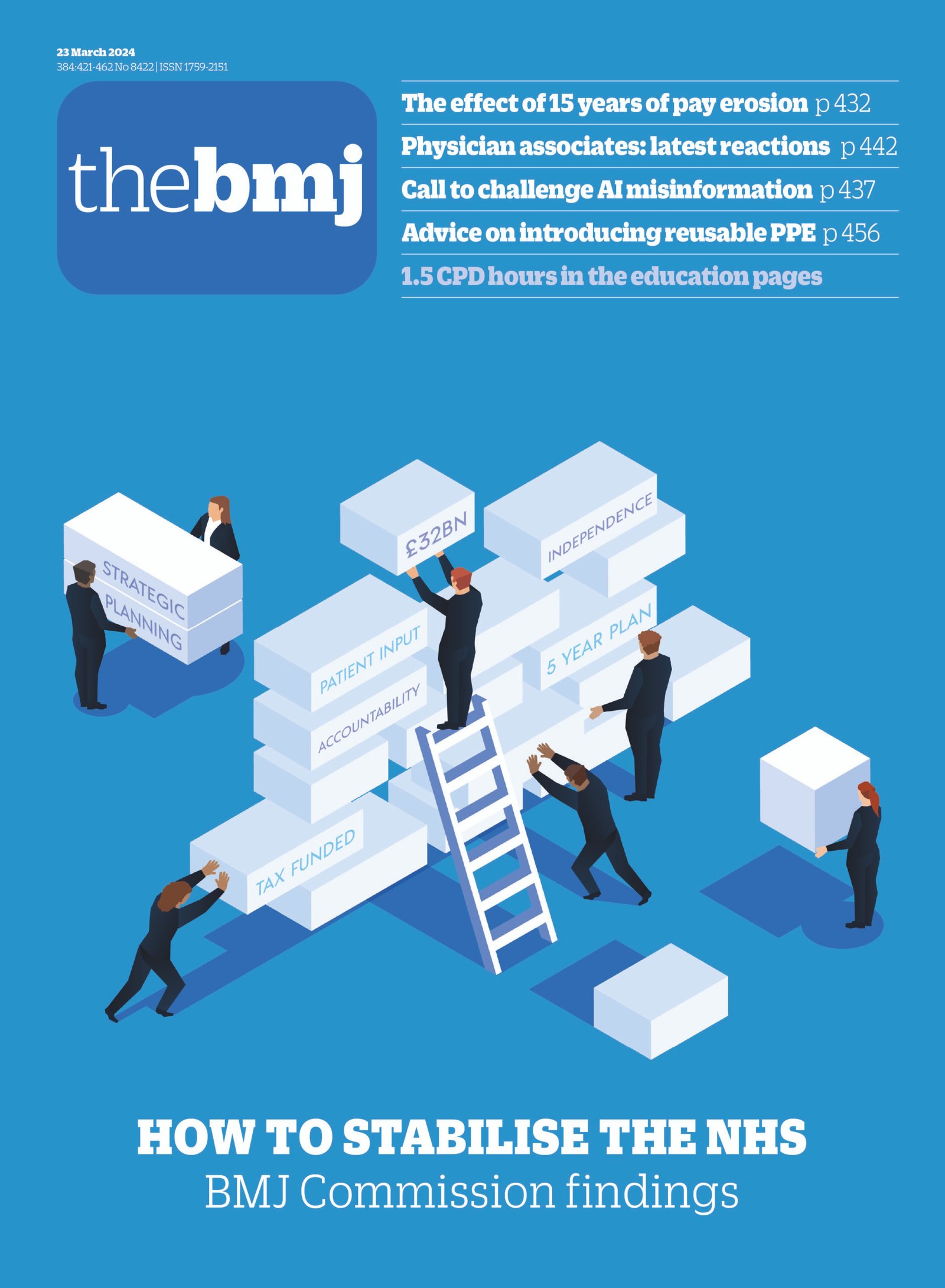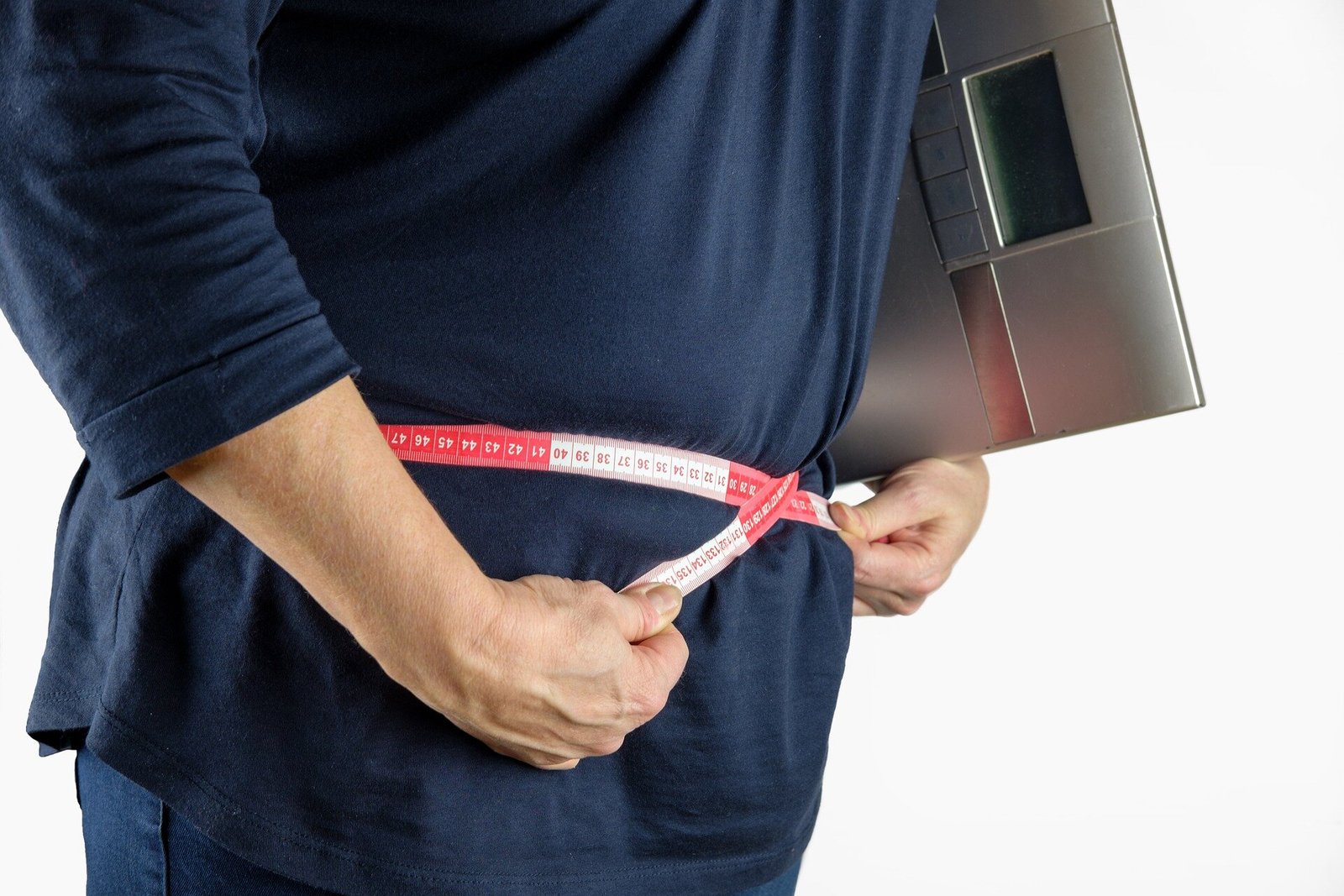Effects of Iron Deficiency on Women’s Health**
Iron deficiency can have profound effects on women’s health, impacting both physical and mental well-being. Fatigue is one of the most common symptoms of iron deficiency, as insufficient oxygen supply to the cells leads to decreased energy levels and lethargy. This fatigue can interfere with daily activities and significantly affect quality of life.
In addition to fatigue, iron deficiency can manifest in other ways, such as hair loss, pale skin, and brittle nails. These outward signs reflect the body’s struggle to maintain healthy cellular function in the absence of sufficient iron. Furthermore, iron deficiency weakens the immune system, making individuals more susceptible to infections and illnesses.
From a weight loss perspective, iron deficiency can pose significant challenges. A sluggish metabolism, caused by inadequate oxygen delivery to cells, can hinder weight loss efforts by slowing down the body’s ability to burn calories efficiently. Moreover, fatigue and low energy levels may deter individuals from engaging in physical activity, further impeding weight loss goals.


How to Incorporate More Iron into Your Diet**
Fortunately, increasing iron intake through dietary modifications can help alleviate symptoms of deficiency and support overall health. Incorporating iron-rich foods into meals is key to ensuring an adequate supply of this essential mineral.
Some of the best sources of dietary iron include lean meats, poultry, fish, and shellfish. These animal-based foods contain heme iron, which is more readily absorbed by the body compared to non-heme iron found in plant-based sources. However, vegetarians and vegans can still meet their iron needs by consuming plant-based foods rich in iron, such as legumes, tofu, spinach, kale, and fortified cereals.
To enhance iron absorption, it’s essential to pair iron-rich foods with sources of Vitamin C, such as citrus fruits, bell peppers, strawberries, and tomatoes. Vitamin C helps convert non-heme iron into a more absorbable form, maximizing its utilization by the body.
In addition to dietary modifications, some individuals may benefit from iron supplements, especially those with chronic conditions or increased iron requirements. However, it’s crucial to consult with a healthcare professional before starting any supplementation regimen to avoid potential side effects and interactions with other medications.
Conclusion
In conclusion, iron plays a pivotal role in a woman’s diet, supporting vital functions such as oxygen transport, energy production, and immune function. Iron deficiency can have detrimental effects on health, ranging from fatigue and weakness to compromised immune function and impaired weight loss efforts. By prioritizing iron intake and incorporating iron-rich foods into their diet, women can safeguard their health and enhance their overall well-being.
Call to Action
We invite readers to share their experiences with iron deficiency and how it has impacted their health and weight loss journey in the comments section below. Additionally, we encourage readers to spread awareness about the importance of iron in a woman’s diet by sharing this article on their social media platforms.
FAQs
- How can I tell if I’m iron deficient?
- Are there any side effects associated with iron supplements?
- Can iron deficiency be reversed through dietary changes alone?
- What are some iron-rich foods that are suitable for vegetarians?
- How often should I have my iron levels checked by a healthcare professional?
Published by May Healthy Lifestyle









